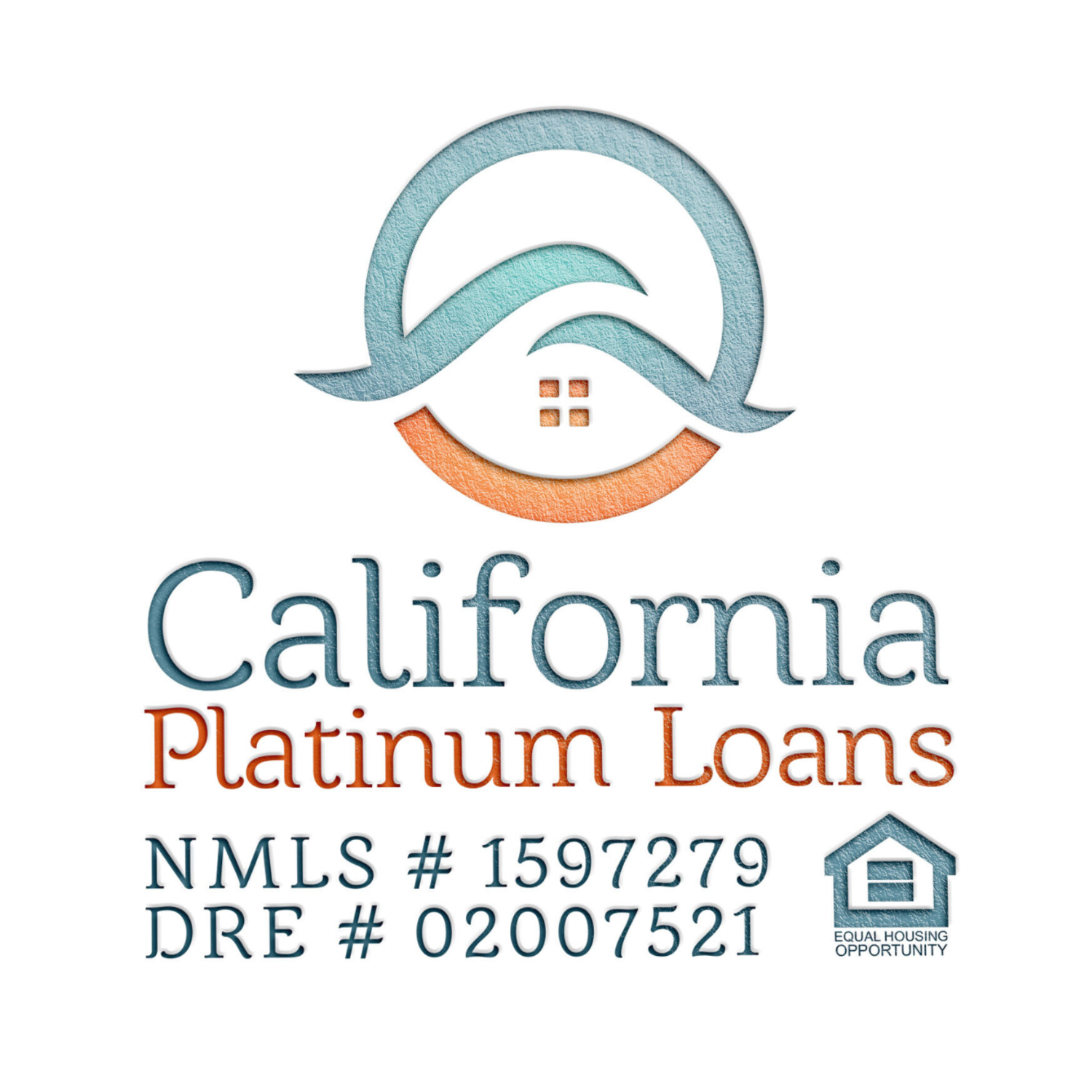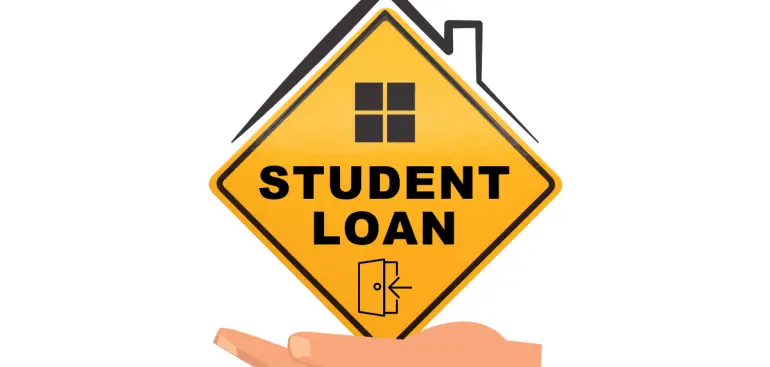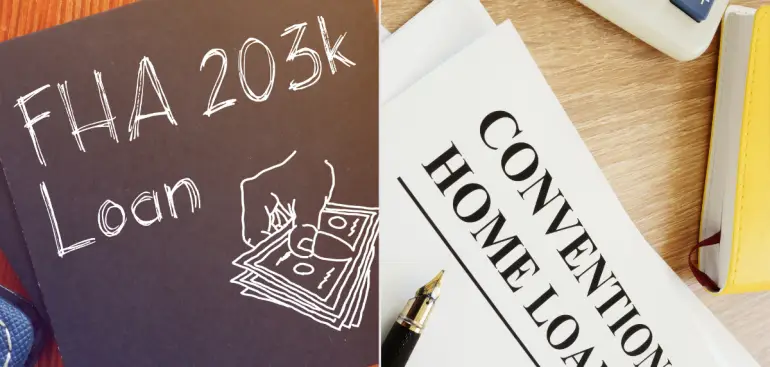You’ve probably seen more than a few of the thousands of articles and news reports about how student loan debt is preventing people from buying homes. And, if you’re like one of the 65% of college graduates who have student loan debt, you could owe an average of $47,671, according to Nerd Wallet, which did a study of how much people owed in student loans in 2018. If you’ve attended graduate or professional school like med school or law school, you might owe $100,000 to $200,000 or more. More than 44 million people in the U.S. have student loan debt, and the total owed is more than $1.6 trillion, according to the Federal Reserve Board.
Those are the stats, but how can you buy a house with student loan debt?
First things first: pay close attention to your credit score. You have many options for free credit monitoring. You can usually get credit and ID theft monitoring services as benefits from good credit card companies.
Making all of your monthly payments on time contributes to a high credit score. Missing even one payment can have serious consequences for your FICO credit score. If you find an error, it’s worth your time to take action to remove it from your credit report.
Don’t take on additional debt if at all possible. For example, if you have credit cards, don’t use them unless absolutely necessary, and pay them off as soon as possible. Lenders like to see credit utilization less than 30%. If you can reduce the balances on any credit accounts other than your student loans to 10% or less, this will boost your credit score.
Second, look for assistance programs that might help you make a down payment on a house or offer you a low down payment requirement. FHA loans, VA loans, and in certain areas, even USDA loans can over low or zero down payment options.
You can also investigate options to consolidate your student loans and pay them off faster. The sooner you get your student loan payments under control or paid off, the sooner you will be able to seriously start looking for a house and becoming a home owner. A qualified mortgage professional will be glad to work with you on qualifying for a California home mortgage and home ownership.
Sources
https://www.forbes.com/sites/zackfriedman/2018/07/18/student-loans-mortgage-home/#31c6a5775752
https://www.nerdwallet.com/blog/loans/student-loans/student-loan-debt/



